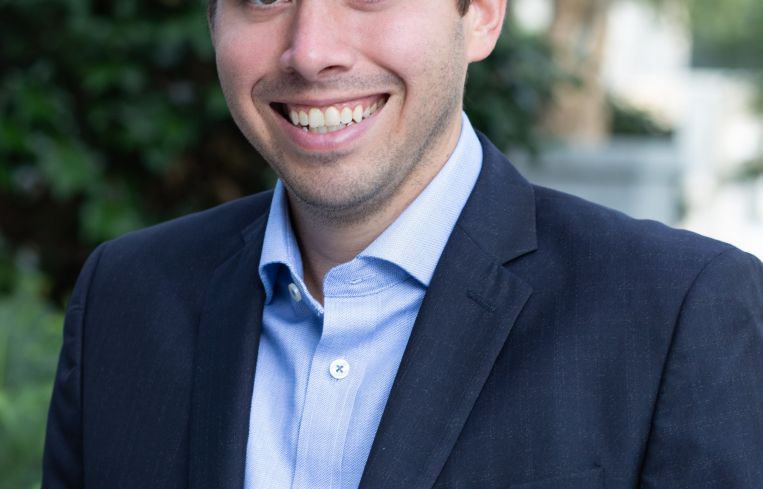Peachtree Group Supplies $40M C-PACE Loan on San Diego Marriott-Branded Hotel
By Andrew Coen June 21, 2024 2:25 pm
reprints
New Jersey-based Briad Group has landed $40 million of retroactive Commercial Property Assessed Clean Energy (C-PACE) financing to refinance a newly opened Marriott hotel in San Diego that got hit hard by rising interest rates, Commercial Observer can first report.
Peachtree Group originated the loan on the developer’s 147-room AC Hotel San Diego Downtown Gaslamp Quarter, which debuted in early 2023 on the site of a former two-level TGI Fridays owned by Briad. Proceeds from the deal will be used to pay down a $54 million senior floating-rate take out construction loan provided by Preferred Bank and E.Sun Commercial Bank to less than $20 million.
“We were able to come in, pay down the senior lender and free up cash flow for the next year and a half, which gives some breathing room to ramp up the hotel,” Jared Schlosser, Peachtree Group’s executive vice president, hotel lending & C-PACE, told CO.
Schlosser noted that retroactive C-PACE financing offers unique advantages for hospitality property owners since 100 percent of the loan proceeds can be used to reimburse costs already incurred while still operating similar to a pre-project funding model. The loan reimburses Briad Group for energy-efficiency and seismic upgrades during its conversion of the property from a TGI Fridays site into a hotel by demolishing the previous restaurant structure in 2019 and building an eight-story hotel.
The 30-year loan term is structured so that no payment is required for the first 18 months, followed by five years of interest-only payments. Brad Honigfeld, founder, chairman and co-CEO of Briad Group, said long-term interest rates during construction of the hotel —which ran $20 million over budget due to complications from the COVID0-19 pandemic— were around 3.75 and are now around 9 percent.
“The hotel is doing phenomenal, but at 9 percent interest only and a $54 million loan against a $90 million asset valuation by different appraisers I still can’t make a dollar,” Honigfeld told CO, noting that his interest reserve ran out in the first year. “This is [deal structure] is meant to to be able to utilize the cash flow for that 18 month period of time where there’s no payments so that you’re able to get some liquidity into your your your product so it kicks the can down the road for you to buy some time, which is what we need right now in these dislocated markets.”
Peachtree Group (formerly Stonehill) has been an active player in the C-PACE market closing $800 million of originations over the past decade including $250 million last year, a 20 percent increase from its 2022 volume. C-PACE financing has gained traction in the CRE industry overall with $7.2 billion of deals executed over the last nine years, according to data from PACENation.
Schlosser said the AC Hotel in Downtown San Diego, operated under the Marriott label, is one of many hotel properties that could benefit from retroactive C-PACE loans as alternative financing avenue to traditional refinances, which current interest rates would result in most property owners struggling to generate enough net operating income to cover higher debt costs. He noted research from JLL showing that, by the end of 2024, there will be $5.8 billion worth of U.S. hotel-securitized loans due for repayment, requiring full payment, refinancing, extension or sales.
“If you are underwriting based off a 6 percent interest rate and now you’re at a 10 percent interest rate there’s only so long you can carry a project, so what this can do is come in and provide liquidity to solve the problem,” Schlosser said. “Also because you’re capitalizing the interest it can kick the payments out two years where interest rates might be in a better place so at the very least you’re solving for time.”
Andrew Coen can be reached at acoen@commercialobserver.com



